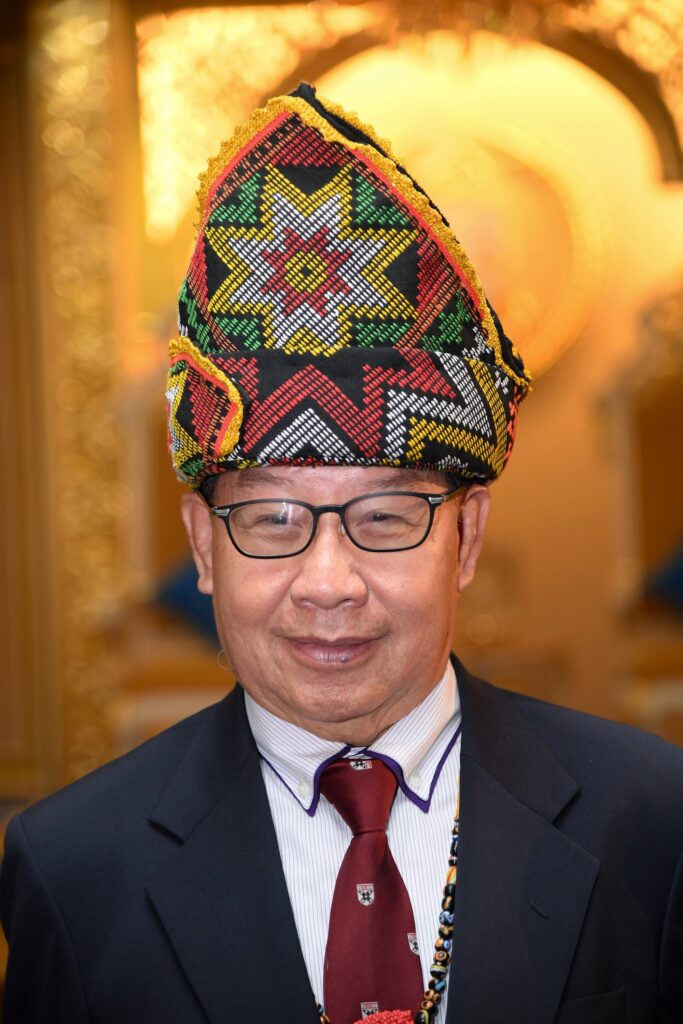Dr Jeffrey Kitingan
KOTA KINABALU(Sept 23): Parti Solidariti Tanah Airku (STAR) has insisted that the Sabah IC be implemented as soon as possible to help in resolving the issue of illegal imigrants in Sabah.
STAR president Datuk Seri Panglima Dr Jeffrey Kitingan said the introduction of Sabah IC should have happened a long time ago, following the recommendation by the Royal Commission of Inquiry on the issue of illegal immigrants in Sabah.
“I applaud the government’s effort to locate and issue identification cards to undocumented indigenous peoples in Sabah. We are well aware that many of our indigenous peoples lack legal documentation.
“There are a variety of reasons for this, including the difficulty faced by communities living in inaccessible areas in registering their children’s births, ignorance about the importance of the documents, and even apathy toward the law of the land.
“Furthermore, we have heard accounts of people making the lengthy trek to town to register their children only to be turned away or required to pay hefty late registration charges. Due to poverty, the majority of these people eventually gave up trying to obtain birth ceritficates for their children.
“Several generations later, despite being natives of this land, their offspring found themselves stateless.
They couldn’t vote, go to school, own land, get a job or enjoy many other privileges many of us take for granted.
“In the meantime, illegal immigrants who arrived in Sabah already have MyKads obtained through dubious means, and they are free to open shops, take our jobs and even buy property here,” he said.
Kitingan stated that the Sabah IC will not be used to replace MyKad, but rather to defend and protect the rights, particularly the right to vote, of genuine Sabahans, regardless of race and religion.
He went on to say that the Sabah IC does not even have to be a physical document, but rather digital, where information will be securely kept.
“Reaching out to communities in remote areas of Sabah would be difficult, but where there’s a will, there’s a way.
“Furthermore, in order to prove their status as indigenous people, we must establish special criteria to authenticate them, such as verification of their ancestors and original villages or towns,” he said.

